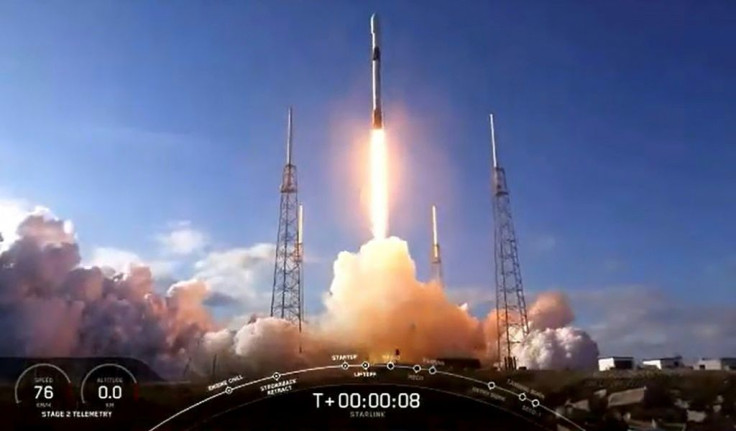Here’s How You Can Watch SpaceX’s Upcoming ISS Resupply Mission

KEY POINTS
- SpaceX will conduct its 20th resupply mission to the ISS
- The launch of the Falcon 9 rocket will be live-streamed by NASA
- The CRS-20 mission was previously postponed by SpaceX
SpaceX is ready to proceed with the upcoming launch of its latest resupply mission to the International Space Station (ISS). To make the event more accessible to the public, NASA will live-stream the launch of the Falcon 9 rocket carrying the Dragon spacecraft.
The mission, dubbed as CRS-20, marks SpaceX’s 20th resupply service to the massive space station in low-Earth orbit. It is part of SpaceX’s partnership with NASA under the latter’s Commercial Resupply Service program.
As confirmed by NASA, the CRS-20 mission is scheduled to take place on March 6 at 11:30 p.m. EST. In preparation for the upcoming launch, NASA will host a live streaming event through its YouTube channel. According to the agency, streaming will begin 20 minutes after the start of the event, or at around 11:50 p.m. EST.
Those looking to watch the event may do so through NASA’s YouTube channel as well as its NASA Live website. As confirmed by the agency, the event will take place at the Space Launch Complex 40 launch pad at the Cape Canaveral Air Force Station in Florida.
CRS-20’s upcoming launch was supposed to take place on March 2. However, after encountering a technical issue with the Falcon 9 rocket, SpaceX decided to postpone the mission. In a statement released by NASA, the agency explained that SpaceX came across a malfunctioning valve during a pre-flight inspection procedure.
“During standard pre-flight inspections, SpaceX identified a valve motor on the second stage engine behaving not as expected and determined the safest and most expedient path to launch is to utilize the next second stage in line that was already at the Cape and ready for flight,” NASA said in a statement.
Hopefully, everything will go well for NASA and SpaceX in the upcoming launch of the CRS-20 mission. For its latest resupply service, SpaceX will deliver about 5,600 pounds of scientific experiments and supplies to the ISS.
Aside from bringing cargo to the ISS, SpaceX’s Dragon spacecraft will also bring home a couple of things from the ISS. One of these is an experiment conducted in 2018 regarding the response of cells to radiation in space. Scientists believe the results of this long-term study will help them develop better ways to protect astronauts from the effects of cosmic radiation.
© Copyright IBTimes 2025. All rights reserved.





















